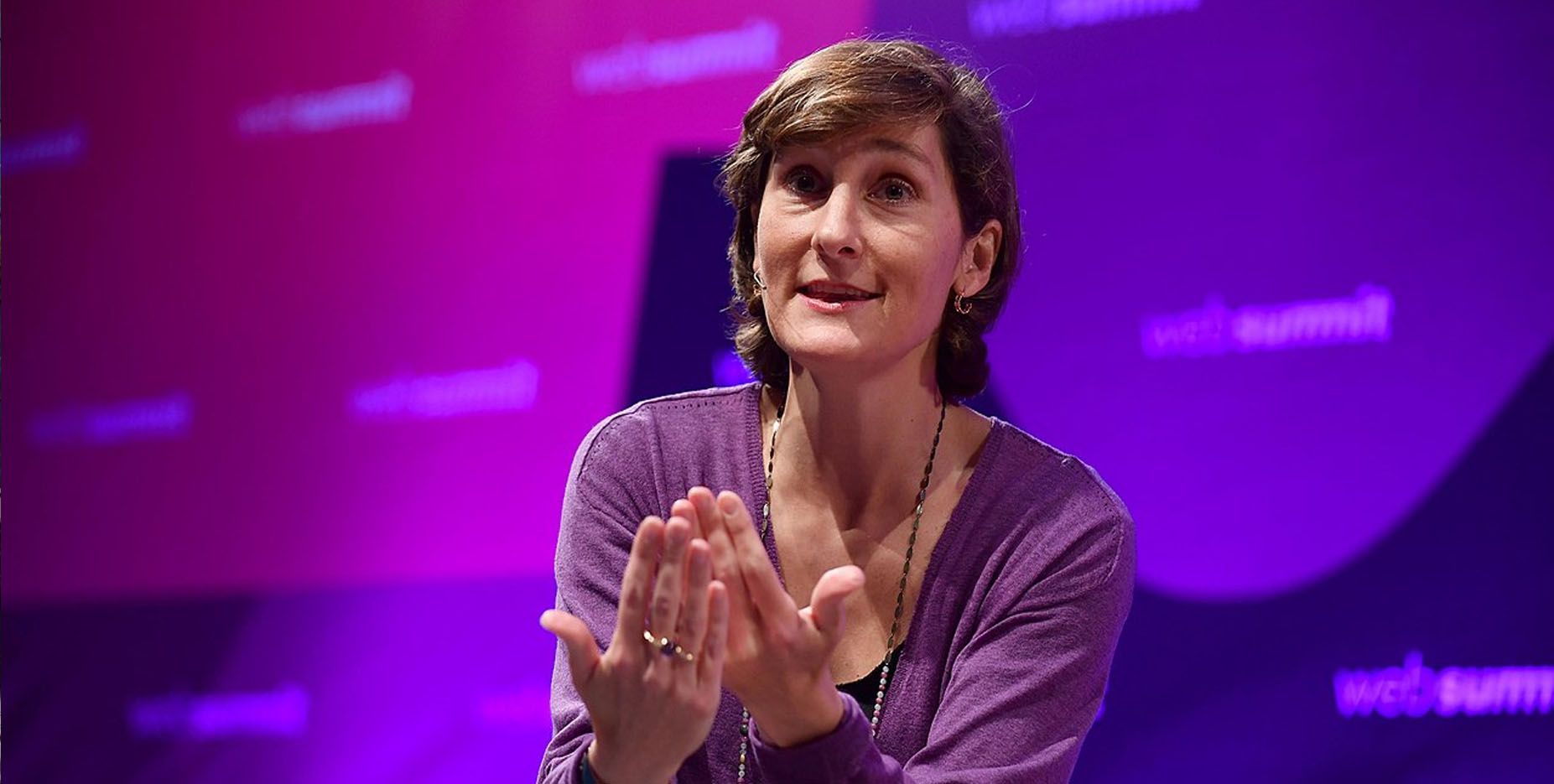
Elham Asaad Buaras
A group of sports federations representing over 57 Muslim-majority countries claimed France’s decision to prohibit its Olympic athletes from wearing the hijab would “send a message of exclusion.”
The Islamic Solidarity Sports Federation (ISSF) voiced “profound concern” over the French decision, which was taken in line with the country’s strict rules on secularism.
French Sports Minister, Amélie Oudéa-Castéra, said last month that the French government was opposed to any display of religious symbols during sporting events.
“What does that mean? That means a ban on any type of proselytizing. That means absolute neutrality in public services,” she told France 3 television.
“The France team will not wear the headscarf.”
The ISSF said in a statement released on October 2 that the hijab was “an aspect of many Muslim women’s identity and should be respected,” adding that the French ban could prevent some French Muslim athletes from competing.
“The Olympics have historically celebrated diversity, unity, and athletic excellence,” the statement said.
“By implementing a hijab ban for their athletes, a host would send a message of exclusion, intolerance, and discrimination that goes against the Olympic spirit.”
The statement urged French authorities “to reconsider this ban” and called for “meaningful engagement with the Muslim sports community in France.”
Founded in 1985 to serve members of the Organisation of Islamic Cooperation, the ISSF “in all aspects of sports activities,” according to its website.
It has organised five editions of the Islamic Solidarity Games, most recently last year in Türkiye. The UN human rights office has not addressed France’s hijab ban for its athletes directly, but a spokeswoman said that “no one should impose on a woman what she needs to wear or not wear.”
Speaking to The Muslim News, Yashmin Harun, Chair and Founder of the UK-based Muslimah Sports Association (MSA), said, “In the present day, when there is so much focus on acceptance, equality, and inclusion, France hides behind the term ‘secularism’.
However, the irony is that they are guilty of restricting and dictating what women and girls should wear. Having laws against women’s freedom of choice is not progressive. This is just an underhanded ‘lawful’ attack on Muslim women and girls, restricting their freedom to express their identity. The hijab is a symbol of empowerment, and within sports, the hijab does not hinder performance.”
She added, “Sports is a universal language, and to force women to choose between their faith and their passion is completely taking us back to the dark ages. The lack of international outrage has been disappointing, to say the least. We need to stand with our sisters for justice; otherwise, the landscape of sports will never become truly inclusive.”
A spokesman for the International Olympic Committee (IOC) told The Muslim News it is in contact with the French National Olympic and Sports Committee (CNOSF) to “further understand the situation regarding the French athletes.”
Adding that “for the Olympic Village, the IOC rules apply, there are no restrictions on wearing the hijab or any other religious or cultural attire. When it comes to competitions, the regulations set by the relevant International Federation (IF) apply.
Criticism and condemnation of France’s decision spread on the social media platform X. Yasser Al-Zaatara, a writer and political analyst, called the decision “hysteria” against the hijab and “a flexing of muscles against Muslims.”
Al-Zaatara praised the IOC’s position, considering it “a slap to Macron and the French Islamophobia gang.”
“The French president is fighting the hijab in France on the pretext that it conflicts with the secularism of the state.
However, he has no problem attending a mass held by the Pope,” said Mohsen Al-Obaidi Al-Saffar.
“Macron’s problem is not with religion, but with Islam specifically,” he added. Abdel Hamid Al-Lingawi said that “France has proven that it is a racist country that’s unworthy of hosting the Olympic Games.”
Abu Abdul Rahman Al-Manea compared France’s position with the Taliban movement. “France and some European countries ban the hijab and head covering for Muslim women, whereas the Taliban obligates women to wear the hijab and prevents foreign women with uncovered faces from tourism,” he said.
The Paris Olympics take place on July 26, 2024.
Photo: French Sports Minister, Amélie Oudéa-Castéra has announced that French athletes will be prohibited from competing in the Paris Olympic this summer (Credit: Sam Barnes/Web Summit WikiCommons)